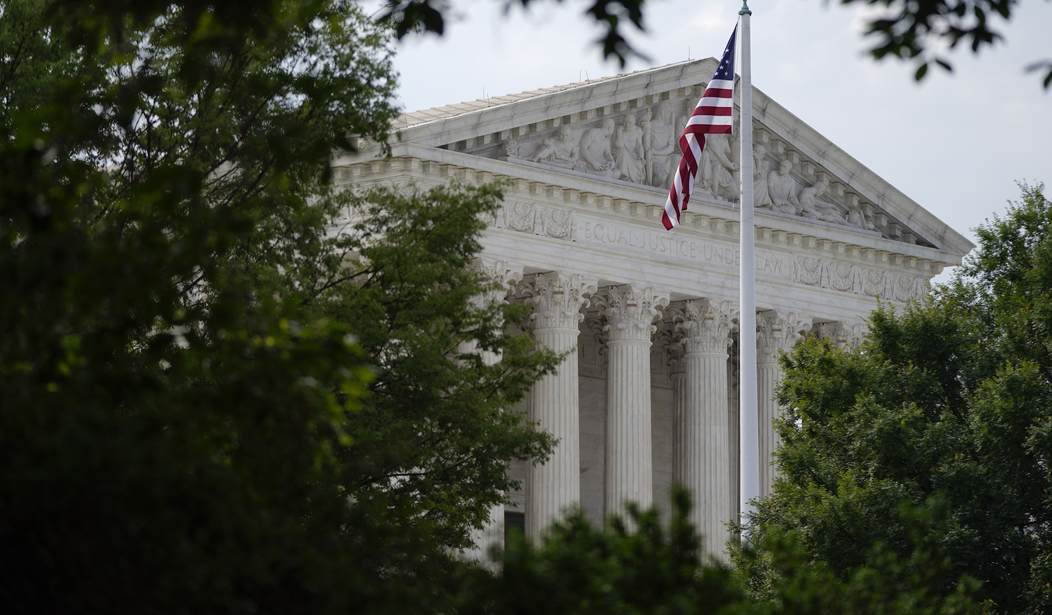One of the characteristics of human vision and thought is the ability to identify patterns. Research conducted by child development experts suggests that infants can recognize visual patterns at a very early age -- between 3 and 4 months old. As humans age and develop, pattern recognition expands beyond mere visual and auditory stimuli to encompass information from the environment, the observed behavior of humans and other creatures, and natural phenomena.
Dr. Mark P. Mattson, a professor of neuroscience at Johns Hopkins University, defines this process as "the encoding and integration of perceived or mentally-fabricated patterns which can then be used for decision-making and for transfer of the patterns to other individuals."
Although many animals have the ability to take in information from their surroundings and make at least rudimentary decisions that enhance the possibility of their survival, Mattson describes humans as having "superior pattern processing." In a 2014 article published in Frontiers of Neuroscience, Mattson explains that the "cognitive repertoire of the human brain" is responsible for our greatest achievements, including "creativity and invention ... the development of tools, processes and protocols for solving problems and saving time ... the arts and music ... agriculture, transportation, science, commerce, defense/security; spoken and written languages that enable rapid communication of highly specific information about all aspects of the physical universe and human experiences; reasoning and rapid decision-making; (and) imagination and mental time travel which enables the formulation and rehearsal of potential future scenarios..."
One would think that this most fundamental and distinctive of human skills would be routinely applied to the important realms of politics and economics.
Recommended
Unfortunately, it is not.
Part of making wise political and economic decisions is the ability to draw conclusions from history and from knowledge about human behavior. But ideology, indoctrination and cults of personality often obstruct rational decision-making. In other words, humans often deny something we know to be true in favor of something we have decided (or been told) that we want to be true.
For example, if you were to say, "Access to food is a human right," you would probably get widespread agreement. But it does not follow, from a political or economic standpoint, that food should therefore be free. One need only ask a simple question to prove this point: "What would happen if the government announced tomorrow that groceries were free?"
Anyone over 10 years old (who's being honest) could tell you what would happen: There would be immediate runs on grocery stores until every last shelf was empty. And yet despite basic common sense -- not to mention ample evidence to the contrary -- we have in our society countless people who maintain that it is economically feasible, politically sensible and sociologically healthy to give things away "for free."
People allow their love of a particular ideology to cloud their rational decision-making capabilities -- often with disastrous consequences.
Gavin de Becker describes a similar phenomenon in his 1997 bestselling book "The Gift of Fear." Humans are the only species, he writes, that will talk themselves out of rational responses to situations that should produce fear -- walking down a dark alley alone late at night, for example, or getting on an elevator with someone whose demeanor is menacing. We don't want to trust our "gut feelings," de Becker explains. We are more concerned with being thought a coward or hurting a complete stranger's feelings than we are with self-preservation.
It is bad enough to second-guess the instincts that have evolved over millennia to keep us safe. But it is worse when we deliberately ignore facts and evidence that we can analyze with our rational minds.
Here, too, the ability to identify patterns can prevent us from making decisions with tragic or catastrophic consequences. It is astonishing, to say the least, to watch people deliberately ignore the patterns that are everywhere around us now:
-- Our government lied about the origins of the COVID-19 virus, and yet millions of people continue to trust what the government says about it.
-- We were told that the COVID-19 shots would prevent contraction and transmission of the virus. As it turns out, they do neither, and despite evidence that they are causing physical harm to otherwise healthy young people, millions of people are ready to take their third, fourth or fifth "booster."
-- We have more than a century of evidence that collectivism has been a monumental economic failure everywhere it has been tried, and one that is accompanied by political persecution, oppression, famine, starvation and death. And yet countless people argue for the transformation of Western, free-market democracies into command-and-control autocracies.
-- Evidence has come to light about the ways government agencies and academic journals censor the work of researchers whose conclusions contradict the prevailing narrative. And yet despite many instances where politicizing preliminary scientific research has resulted in deeply flawed policies, millions of people refuse to ask hard questions about "climate change" policies or treating gender dysphoria in children and adolescents.
Our Founders saw patterns as well, in the aggregation of government power and the abuses that follow. They drafted our Constitution to limit the power of government for that very reason. And yet millions of Americans are clamoring to erode our constitutional protections and give ever greater powers to government.
When studying history's worst economic disasters and human rights abuses, it's common to read shocked reactions after the fact: "How could this have happened?" "We didn't see it coming." "Nobody warned us." As a younger person, I found those reactions credible. Now I know better.
The patterns were there. Anyone could have seen the disasters coming, and many did. People were warned. They simply chose to ignore the information that was right in front of them.
Those instances are warnings for us now.
To find out more about Laura Hollis and read features by other Creators Syndicate writers and cartoonists, visit the Creators Syndicate website at www.creators.com.

























Join the conversation as a VIP Member